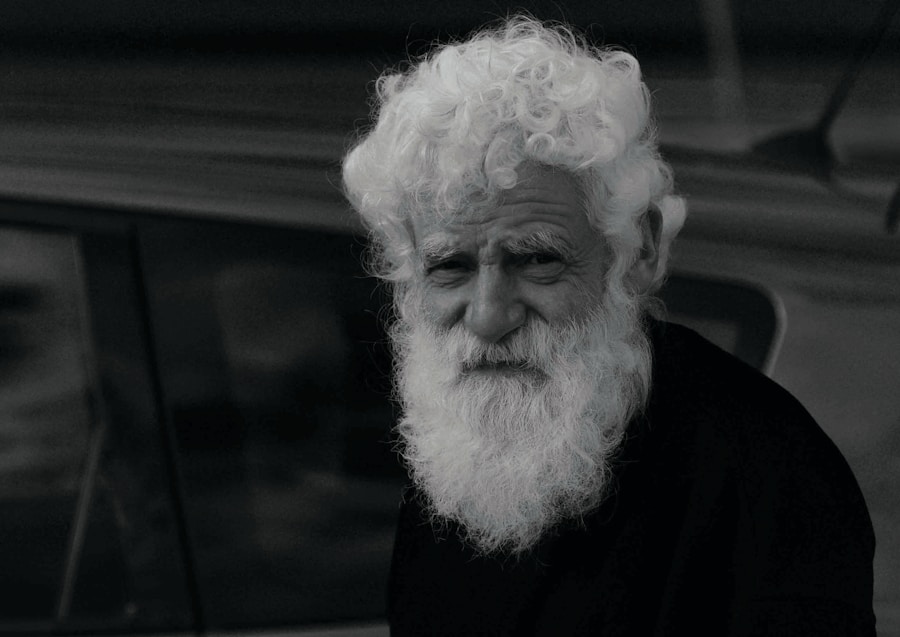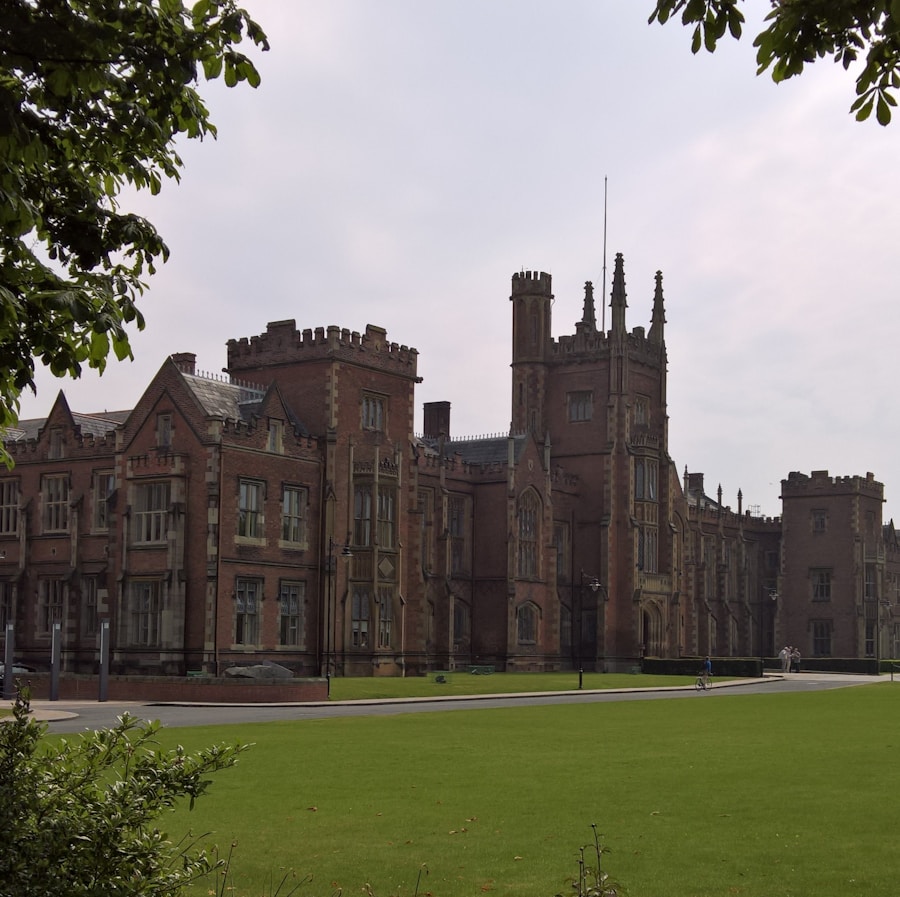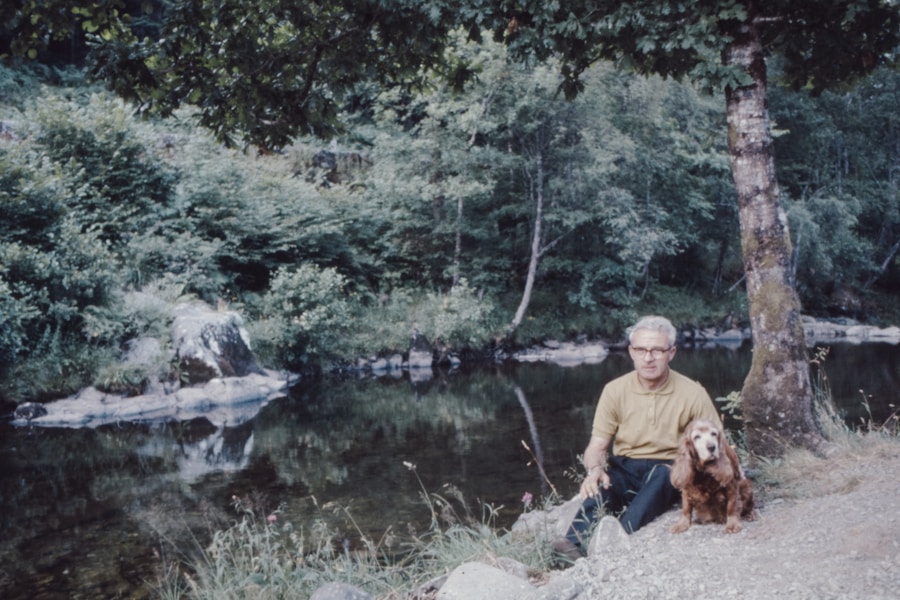John Charles Ryan is a prominent figure in the field of eco-humanities, a discipline that merges ecological concerns with humanistic inquiry. His work emphasizes the interconnectedness of environmental issues and human experiences, advocating for a holistic understanding of how culture, literature, and philosophy can inform our responses to ecological crises. Ryan’s scholarship often explores the narratives that shape our perceptions of nature and the environment, urging a reevaluation of how we engage with the world around us.
His contributions extend beyond academia; he actively participates in public discourse, aiming to bridge the gap between scholarly research and community action. Ryan’s academic journey has been marked by a commitment to interdisciplinary approaches, drawing from literature, environmental science, and social theory. He has published extensively on topics ranging from climate change literature to the ethical implications of environmental degradation.
His work not only critiques existing paradigms but also seeks to inspire new ways of thinking about our relationship with the planet. By integrating insights from various fields, Ryan has positioned himself as a thought leader in eco-humanities, advocating for a narrative shift that prioritizes sustainability and social equity.
Key Takeaways
- John Charles Ryan is a prominent figure in the field of eco-humanities, with a focus on environmental and social justice issues.
- The Covid-19 era has highlighted the intersection of eco-humanities and public health, emphasizing the need for a holistic approach to global challenges.
- The pandemic has exacerbated environmental and social justice issues, disproportionately affecting marginalized communities and highlighting the urgency of addressing these issues.
- John Charles Ryan has made significant contributions to eco-humanities during the Covid era, advocating for a more inclusive and sustainable approach to recovery efforts.
- Post-pandemic recovery plans should prioritize the integration of eco-humanities, emphasizing the interconnectedness of human and environmental well-being for a more resilient future.
The Intersection of Eco-Humanities and the Covid Era
Environmental Degradation and Public Health
The crisis has revealed how environmental degradation exacerbates public health issues, exposing the vulnerabilities of marginalized communities disproportionately affected by both ecological and health crises.
Narratives of Health, Nature, and Justice
This intersection invites scholars and activists to reconsider how narratives surrounding health, nature, and justice can be reimagined in light of contemporary challenges. During the pandemic, many individuals turned to nature for solace and inspiration, highlighting the therapeutic benefits of green spaces and natural environments.
The Power of Cultural Expressions
Ryan’s work emphasizes that literature and art can play crucial roles in shaping our understanding of these experiences, offering narratives that resonate with our collective struggles during the pandemic. By examining how cultural expressions reflect our relationship with nature, eco-humanities provides a lens through which we can explore the psychological and emotional dimensions of our responses to crises.
The Impact of Covid-19 on Environmental and Social Justice Issues

The Covid-19 pandemic has exacerbated existing environmental and social justice issues, revealing systemic inequalities that have long been entrenched in society. Vulnerable populations—often those living in areas with high pollution levels or limited access to healthcare—have faced disproportionate impacts from both the virus and its economic fallout. The pandemic has underscored how environmental degradation is not merely an ecological concern but also a matter of social justice, as marginalized communities bear the brunt of both health risks and environmental hazards.
This reality calls for an integrated approach that addresses both ecological sustainability and social equity. Moreover, the pandemic has prompted a reevaluation of consumption patterns and resource allocation. As economies ground to a halt, there were temporary reductions in carbon emissions and pollution levels, leading to discussions about sustainable practices moving forward.
However, these changes also highlighted the fragility of our systems; as economies reopened, many reverted to pre-pandemic habits that prioritize short-term gains over long-term sustainability.
John Charles Ryan’s Contributions to Eco-Humanities in the Covid Era
In response to the challenges posed by the Covid-19 pandemic, John Charles Ryan has made significant contributions to eco-humanities that resonate with contemporary issues. His research has focused on how narratives surrounding environmental crises can be reframed to foster resilience and solidarity among communities facing both ecological and health-related challenges. By analyzing literary works that address themes of survival, adaptation, and interconnectedness, Ryan highlights how storytelling can serve as a powerful tool for mobilizing collective action in times of crisis.
Ryan’s engagement with public discourse during the pandemic has also been noteworthy. He has participated in webinars, panel discussions, and community outreach initiatives aimed at raising awareness about the links between environmental degradation and public health. Through these efforts, he has sought to amplify marginalized voices and advocate for inclusive approaches to recovery that prioritize both ecological sustainability and social justice.
His work exemplifies how eco-humanities can inform policy discussions and community initiatives, bridging the gap between academic research and real-world applications.
Strategies for Integrating Eco-Humanities into Post-Pandemic Recovery Plans
As societies begin to emerge from the shadows of the pandemic, there is an urgent need to integrate eco-humanities into post-pandemic recovery plans. One effective strategy involves fostering interdisciplinary collaborations that bring together scholars, policymakers, artists, and community leaders. By creating spaces for dialogue and exchange, stakeholders can develop holistic approaches that address both environmental sustainability and social equity.
For instance, incorporating eco-humanities perspectives into urban planning can lead to more inclusive green spaces that serve diverse communities while promoting biodiversity. Another critical strategy is to leverage digital platforms for education and outreach. The pandemic has accelerated the adoption of online learning tools, providing opportunities to disseminate eco-humanities scholarship to broader audiences.
Virtual workshops, webinars, and interactive platforms can engage individuals in discussions about environmental justice, encouraging them to reflect on their roles within their communities. Ryan’s emphasis on narrative as a means of fostering connection can be particularly effective in these settings; storytelling can inspire action by illustrating the lived experiences of those affected by environmental degradation.
The Future of Eco-Humanities in a Post-Covid World

Addressing Complex Issues through Interdisciplinary Approaches
The discipline’s emphasis on interdisciplinary approaches positions it well to address complex issues that transcend traditional boundaries. By continuing to explore the intersections between culture, environment, and social justice, eco-humanities can contribute to more equitable and sustainable futures.
Cultivating Urgency and Hope in the Face of Climate Change
Moreover, as climate change continues to pose existential threats globally, eco-humanities can help cultivate a sense of urgency while also fostering hope. By highlighting stories of resilience and adaptation from diverse communities around the world, scholars can inspire collective action toward sustainable practices.
Toward a More Inclusive and Sustainable Future
The challenge will be to ensure that these narratives are inclusive and representative of all voices, particularly those historically marginalized in environmental discourses. In this way, eco-humanities can not only respond to current crises but also lay the groundwork for a more just and sustainable world in the years to come.
John Charles Ryan’s work on Eco-Humanities in the Covid Era is closely related to the article on understanding basic logical concepts, propositions, arguments, and validity. In his research, Ryan explores the intersection of environmental issues and human behavior, highlighting the importance of critical thinking and logical reasoning in addressing complex ecological challenges.
To learn more about logical concepts and their relevance to environmental studies, check out the article here.
























+ There are no comments
Add yours